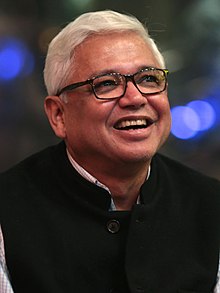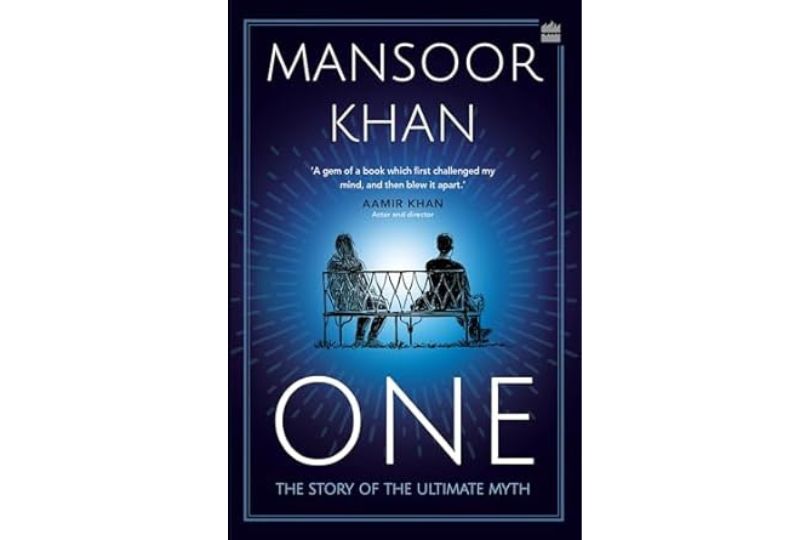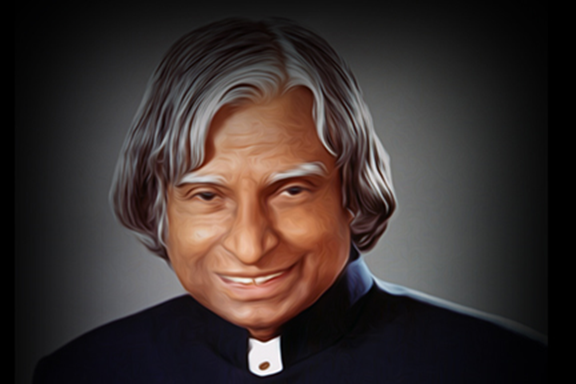Amitav Ghosh
Amitav Ghoshon Aug 19, 2019

About
Amitav Ghosh (born 11 July 1956) is an Indian writer and the winner of the 54th Jnanpith award, best known for his work in English fiction. Amitav Ghosh was born in Calcutta on 11 July 1956 to a Bengali Hindu family and was educated at the all-boys boarding school The Doon School in Dehradun. His contemporaries at Doon included author Vikram Seth and historian Ram Guha. While at school, he regularly contributed fiction and poetry to The Doon School Weekly (then edited by Seth) and founded the magazine History Times along with Guha. After Doon, he received degrees from St. Stephen's College, Delhi University, and Delhi School of Economics. He then won the Inlaks Foundation scholarship to complete a D. Phil. in social anthropology at St Edmund Hall, Oxford, under the supervision of Peter Lienhardt. His first job was at the Indian Express newspaper in New Delhi. Ghosh lives in New York with his wife, Deborah Baker, author of the Laura Riding biography In Extremis: The Life of Laura Riding (1993) and a senior editor at Little, Brown and Company. They have two children, Lila and Nayan. He has been a fellow at the Centre for Studies in Social Sciences, Calcutta and Centre for Development Studies in Trivandrum. In 1999, Ghosh joined the faculty at Queens College, City University of New York, as Distinguished Professor in Comparative literature. He has also been a visiting professor at the English department of Harvard University since 2005. Ghosh subsequently returned to India began working on the Ibis trilogy which includes Sea of Poppies (2008), River of Smoke (2011), and Flood of Fire (2015). He was awarded the Padma Shri by the Indian government in 2007. In 2009, he was elected a Fellow of the Royal Society of Literature. In 2015 Ghosh was named a Ford Foundation Art of Change Fellow.Work
Fiction
Ghosh is the author of The Circle of Reason (his 1986 debut novel), The Shadow Lines (1998), The Calcutta Chromosome (1995), The Glass Palace (2000), The Hungry Tide (2004), and Sea of Poppies (2008), the first volume of The Ibis trilogy, set in the 1830's, just before the Opium War, which encapsulates the colonial history of the East. Ghosh's River of Smoke (2011), is the second volume of The Ibis trilogy. The third, Flood of Fire, completing the trilogy, was published 28 May 2015 to positive reviews. The Shadow Lines that won him the Sahitya Akademi Award throws light on the phenomenon of communal violence and the way its roots have spread deeply and widely in the collective psyche of the Indian subcontinent. Most of his work deals with historical settings, especially in the Indian Ocean periphery. In an interview with Mahmood Kooria, he said: It was not intentional, but sometimes things are intentional without being intentional. Though it was never part of a planned venture and did not begin as a conscious project, I realize in hindsight that this is really what always interested me most: the Bay of Bengal, the Arabian Sea, the Indian Ocean, and the connections and the cross-connections between these regions.Non-fiction
Ghosh's notable non-fiction writings are In an Antique Land (1992), Dancing in Cambodia and at Large in Burma (1998), Countdown (1999), and The Imam and the Indian (2002, a large collection of essays on different themes such as fundamentalism, history of the novel, Egyptian culture, and literature). His writings appear in newspapers and magazines in India and abroad. His most-recent non-fiction book The Great Derangement: Climate Change and the Unthinkable (2016) addresses why modern literature has failed to address issues of climate change, and how radical transformation due to nature has become 'unthinkable'.Awards and recognition
 The Circle of Reason won the Prix Médicis étranger, one of France's top literary awards. The Shadow Lines won the Sahitya Akademi Award and the Ananda Puraskar. The Calcutta Chromosome won the Arthur C. Clarke Award for 1997. Sea of Poppies was shortlisted for the 2008 Man Booker Prize. It was the co-winner of the Vodafone Crossword Book Award in 2009, as well as co-winner of the 2010 Dan David Prize. River of Smoke was shortlisted for the Man Asian Literary Prize 2011. The government of India awarded him the civilian honor of Padma Shri in 2007. He also received - together with Margaret Atwood - the Israeli Dan David Prize.
Ghosh famously withdrew his novel The Glass Palace from consideration for the Commonwealth Writers' Prize, where it was awarded the best novel in the Eurasian section, citing his objections to the term commonwealth and the unfairness of the English language requirement specified in the rules.
Ghosh received the lifetime achievement award at Tata Literature Live, the Mumbai LitFest on November 20, 2016. He was conferred the 54th Jnanpith award in December 2018 and is the first Indian writer in English to have been chosen for this honor.
Source: https://en.wikipedia.org/wiki/Amitav_Ghosh
The Circle of Reason won the Prix Médicis étranger, one of France's top literary awards. The Shadow Lines won the Sahitya Akademi Award and the Ananda Puraskar. The Calcutta Chromosome won the Arthur C. Clarke Award for 1997. Sea of Poppies was shortlisted for the 2008 Man Booker Prize. It was the co-winner of the Vodafone Crossword Book Award in 2009, as well as co-winner of the 2010 Dan David Prize. River of Smoke was shortlisted for the Man Asian Literary Prize 2011. The government of India awarded him the civilian honor of Padma Shri in 2007. He also received - together with Margaret Atwood - the Israeli Dan David Prize.
Ghosh famously withdrew his novel The Glass Palace from consideration for the Commonwealth Writers' Prize, where it was awarded the best novel in the Eurasian section, citing his objections to the term commonwealth and the unfairness of the English language requirement specified in the rules.
Ghosh received the lifetime achievement award at Tata Literature Live, the Mumbai LitFest on November 20, 2016. He was conferred the 54th Jnanpith award in December 2018 and is the first Indian writer in English to have been chosen for this honor.
Source: https://en.wikipedia.org/wiki/Amitav_Ghosh



.jpg)






.jpg)


.jpg)
.jpg)
.jpg)
.jpg)
.jpg)





Sorry! No comment found for this post.